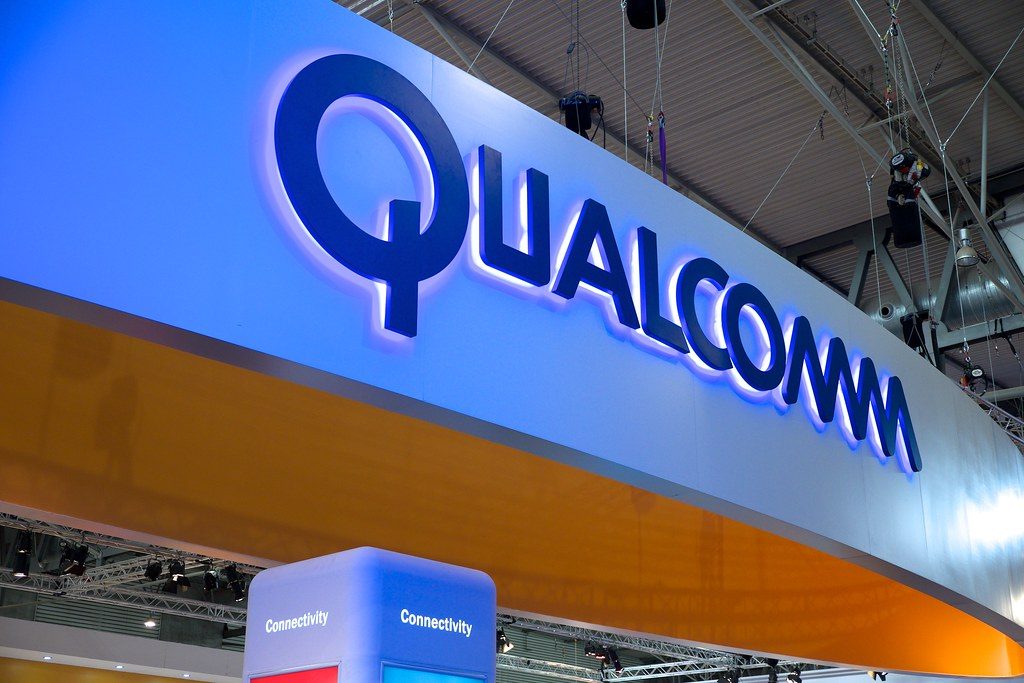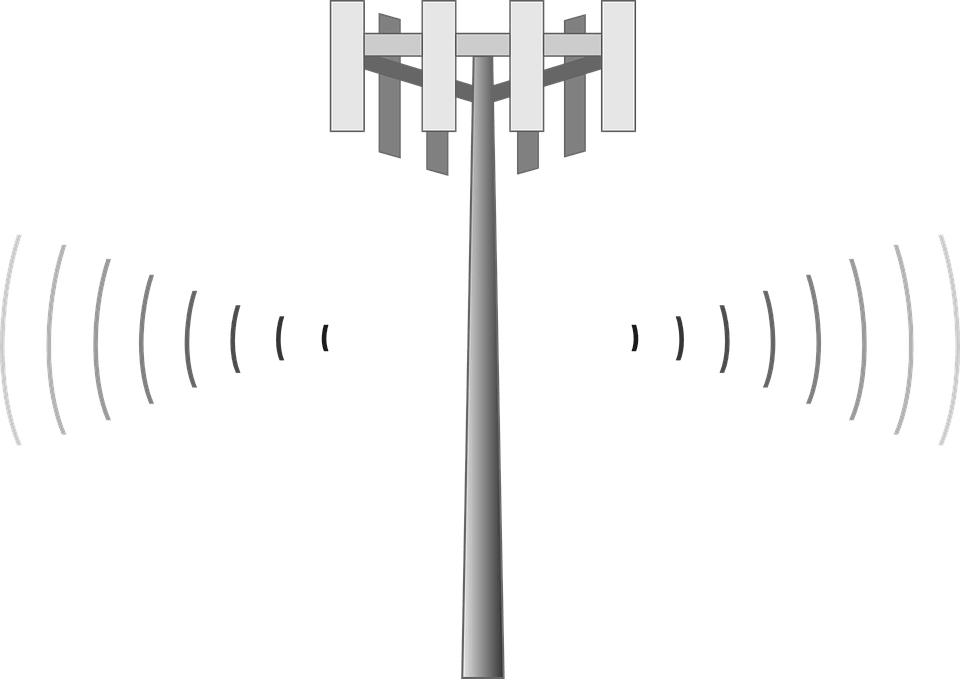Have you heard the terms GSM and CDMA before? Most people are not familiar with them. However, if you are a smartphone user, then it would be wise for you to educate yourself about these two forms of cellular technology. In this article, we will explain everything that you need to know about GSM and CDMA. We’ll cover what they are, the difference between them, whether one is superior to the other, and where they are both heading in the immediate future.

So, What Exactly are GSM and CDMA, Anyway?

GSM stands for global system for mobiles. CDMA stands for code division multiple access. These are two separate, older radio systems that were used at one point in cellular phones. In the US, these are both considered to be older technologies. We are getting close to the time when both of them are rendered obsolete. However, as of this writing, there are still millions of Americans who have cell phones that use either GSM or CDMA technology.
Generations of Wireless Technology

When talking about GSM and CDMA, what we are also talking about is different generations of wireless technology, or “Gs.” When you hear the terms 4G or 5G networks, you probably haven’t stopped to think about what that “G” means. Each generation that passes is able to support more users, and each one has better data transfer qualities. Generally speaking, each new generation is better than the one which came before it.
The first generation to come out, in the 1980s, was for analog cellular phones. The second was the 2G digital system that rose to prominence in the 1990s. It was at that point that GSM and CDMA technology really differentiated themselves from each other. Some new cell phones during that era were made with GSM-compliant tech, while other manufacturers went for CDMA.
During the 2000s, this technological split continued. Devices with both of these technologies offered faster data speeds, but they were still no longer compatible with each other. In 2010, the 4G LTE network first became available.
In theory, this ended the split between GSM and CDMA, because both of them could use the 4G network and it put them on an equal playing field. However, most phones that had been made up to that point, and even some after that, still were reliant on 2G and 3G networks. Because of this, the idea of GSM and CDMA being in competition with each other continued to some extent.
What’s Happening with GSM and CDMA Now that 5G is Coming Out?
5G, or the fifth-generation of wireless services and technology, is now coming out. Multiple cellular service providers have started using it, with more to come in the next few years. This will bring about a single global standard that is being called 5G-NR. However, 2G and 3G networks are still being used. They interact with a wide range of cellular phones that are GSM or CDMA-compliant.
What this means is that for the moment at least, the split between these two forms of technology that traces its rivalry back to the 1990s is going to continue. As we stated, this technology is going to be obsolete; it’s a matter of when not if. For now, though, the split continues to be a factor in the telecommunications industry here in the US.
What Companies Use Which Networks?
You might wonder at this point which of the major cellular service providers use the GSM setup, and which ones opt for CDMA. In the US, it is AT&T and T-Mobile that went with GSM, while powerhouses Verizon, Sprint, and US Cellular use CDMA.
Verizon has turned off their 2G and 3G networks, getting a jump start on the process. T-Mobile plans to do the same at the end of this year. AT&T has stopped using the 2G network, while Sprint has said they plan on keeping up with 2G and 3G until the end of 2022.
GSM is used by most of the rest of the world. GSM comes from what is essentially an industry consortium. In 1987, Europe mandated that the technology should be used by law, which virtually eliminated the possibility of CDMA becoming widespread in that part of the world.
CDMA is owned by Qualcomm. Since the 80s, this has meant that 3rd parties have been able to build cheaper GSM-compliant devices. They can do so without having to use licensed Qualcomm elements that would have resulted in the devices using the CDMA network.

It seems strange, then, that so many US carriers got on board with the CDMA network when most of the world shunned it. What happened is that in 1995 and ’96, Sprint and Verizon’s predecessors were switching from analog to digital. CDMA, at that point, was a new, fast, exciting technology. There was also no mandate to use GSM as there was in Europe. Many makers of cell phones went with CDMA, although GSM technology was quick to catch up to it.

Still, the path of many carriers was set, particularly the ones we mentioned. US Cellular, Sprint, and what eventually became Verizon had backed CDMA, and would continue to do so for the next two-and-a-half decades.
Is It Possible to Switch from CDMA to GSM?
Switching from CDMA to GSM is indeed possible, or vice versa. However, most of the prominent cellular companies in the US aren’t going to bother with doing that at this point. Some Canadian companies have made the switch because they want to have access to a wide variety of off-the-shelf phones that are GSM-compatible.
But American companies like Sprint and Verizon that went with CDMA all those years ago are focused on other things now, namely 5G. If you see any of their commercials on TV these days, that is what they are marketing: they’re soon going to have a fully-operational 5G network with speed and reliability that has never been seen before. The older networks are going to be retired. That means 2G and 3G networks right now, but it will even extend to 4G several years down the line.
Why Do You Need to Care About All of This?
We could spend some time at this point talking about what makes GSM technology and CDMA technology different from each other, but things would get highly technical very quickly, and that would serve no purpose in this context. What you probably want to know is what all of this means to you as a consumer. You’re trying to find out whether any action on your part will be necessary as 2G and 3G networks continue to be phased out.
In reality, those who are the most at risk of their network being shut down are those who have older generations of cellular phones. More recent ones, though, probably aren’t going to be affected as GSM and CDMA both come closer to being obsolete with each passing day.
There is not a lot of evidence that suggests that either GSM or CDMA devices were superior, even during the brief golden age of both of these technologies. The way the cellular devices were configured for each of these setups might have been a little different, but it wasn’t as though one was clearly better than the other. If it had been, then the more impressive technology probably would have eradicated the inferior one, regardless of Europe’s mandate that GSM should be used. In a competitive market setting, all things being equal, vastly superior technology always wins out.
Ten years from now, both GSM and CDMA will be out of commission, and it’s likely that 6G, or the sixth generation of wireless services in America and worldwide, will be in the works. At that point, the GSM vs. CDMA discussion will be relegated to little more than an interesting historical footnote. Meanwhile, the march toward the future of cellular devices and networks will move forward unabated.






